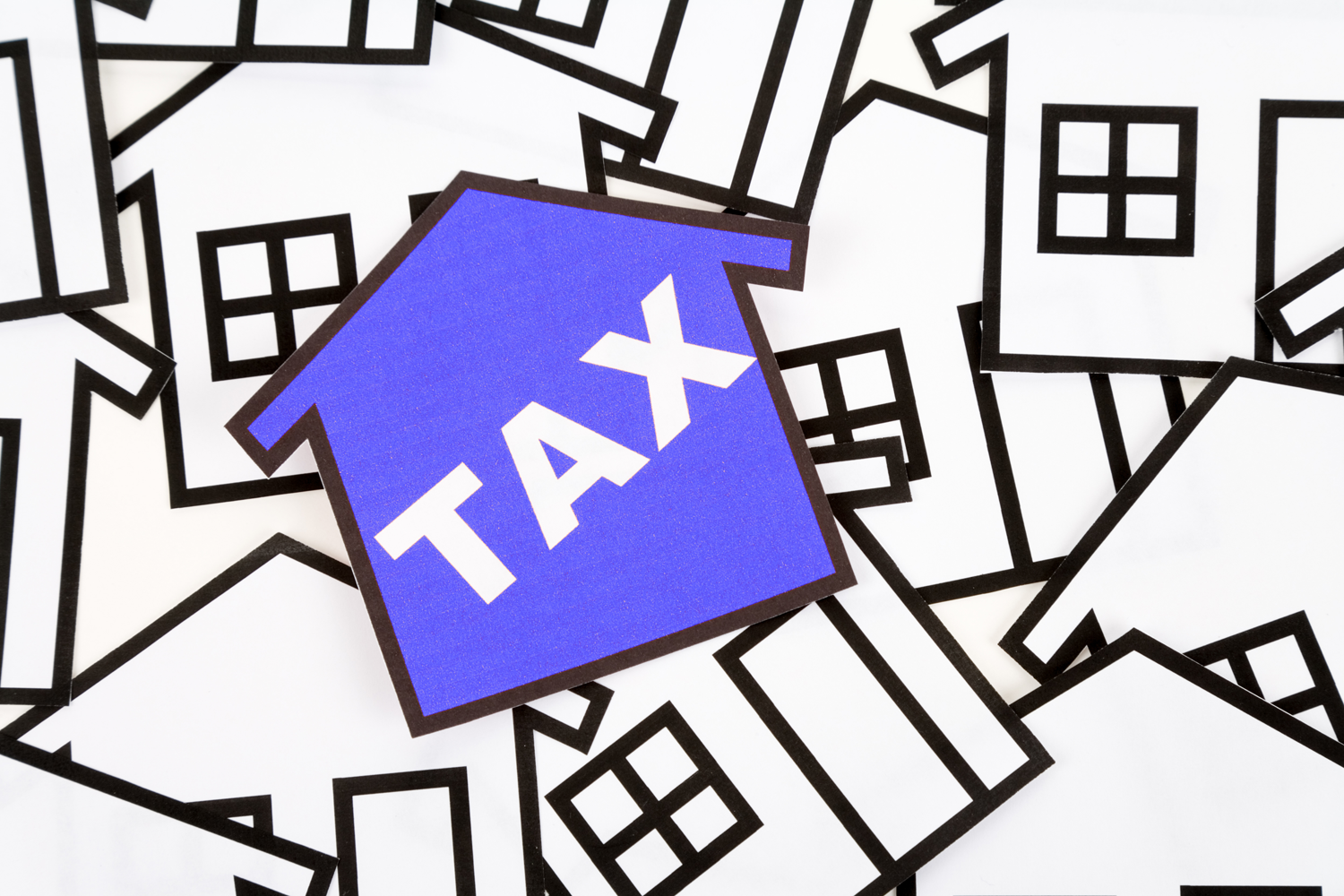Household Bills
Tax savvy higher rate taxpayers boost pensions contributions to shelter from reduced child benefit

A quarter of higher rate taxpayers are set to boost their pensions contributions to avoid paying tax from new rules set in motion to reduce child benefit payments.
From 7 January 2013, if one parent in a household earns more than £50,000 he or she will have to pay the new child benefit tax, regardless of which parent is claiming the child benefit and irrespective of the income earned by the second parent.
According to a survey by Prudential, of workers earning between £42,275 and £149,999 16%, or roughly 144,000 workers across the UK, expect their child benefit to be hit as a result of the new tax charge.
However, a quarter of these people say they may increase their monthly pension contributions in order to avoid the new child benefit tax charge.
Matthew Stephens, Prudential’s tax expert, said: “The new child benefit tax charge will be a real blow for many families next year, particularly in households where salaries are unevenly distributed and one parent is the main or sole breadwinner.
“There is, however, a strong case for a parent whose income is between £50,000 and £60,000 to make additional pension savings to avoid the new tax, and at the same time boost their retirement income.”
In the UK at present, families receive a child benefit payment of £1,055.60 a year for the eldest child and a further £696.80 a year for each additional child. Therefore a high-earning family with three children under 16 could find themselves up to £2,449.20 a year worse off under the new rules.
Stephens added: “Saving for retirement is absolutely vital, yet a quarter of higher rate taxpayers say they don’t contribute anything at all to a pension scheme, which is very worrying.
“Often this is because people believe they can’t afford to save, but as is the case for many families that will see their child benefit payments taxed from next year, not saving for retirement could be a far more costly option.”